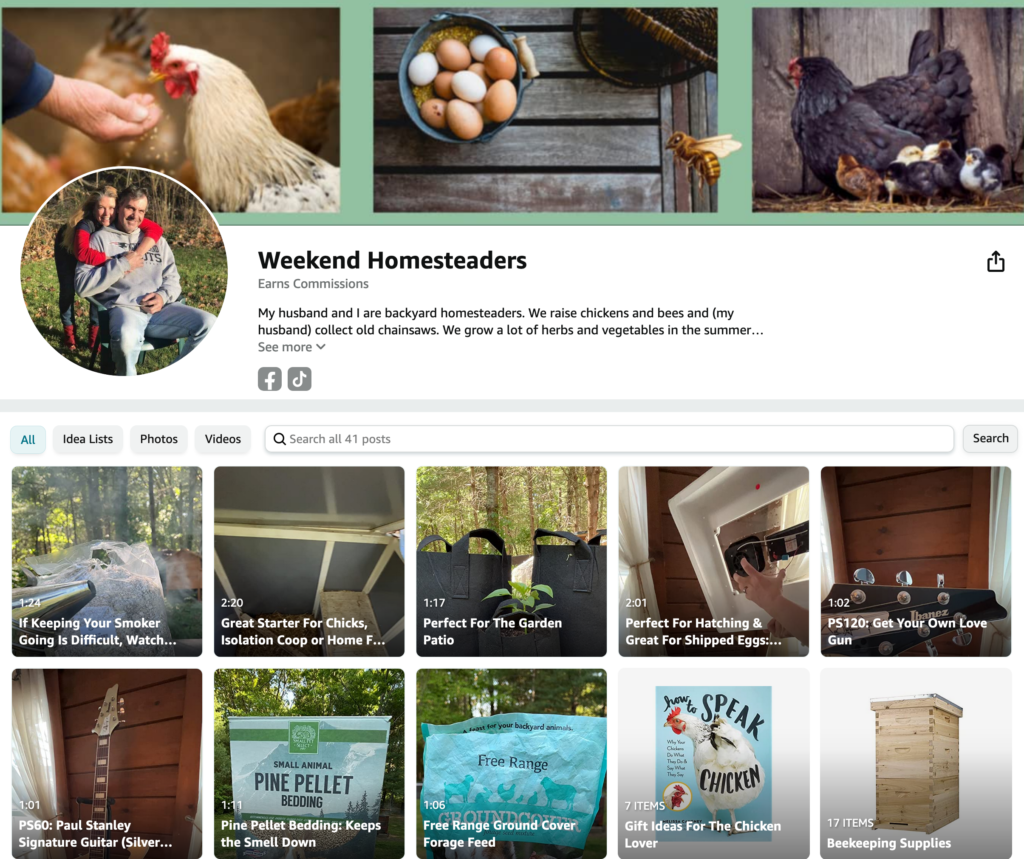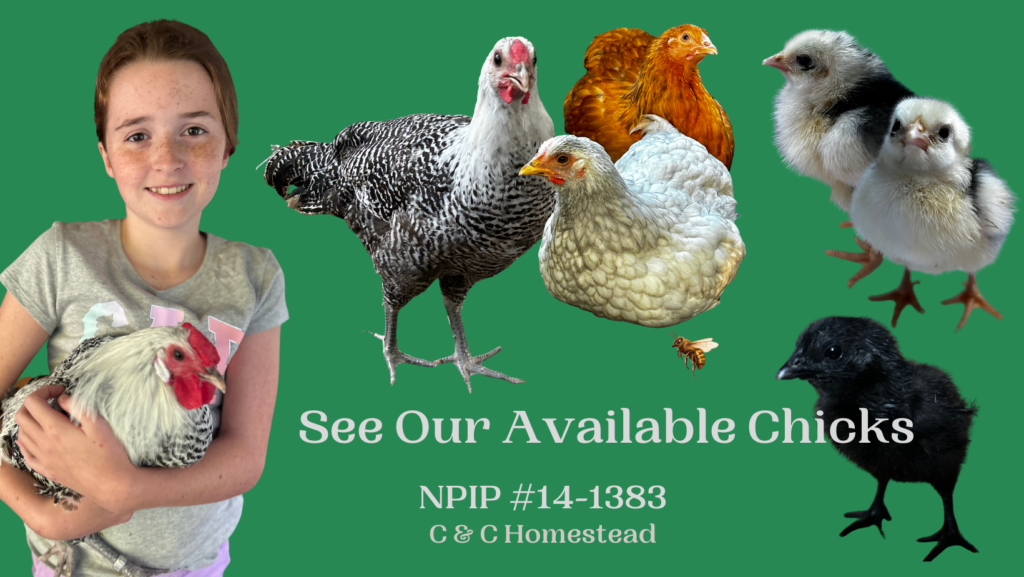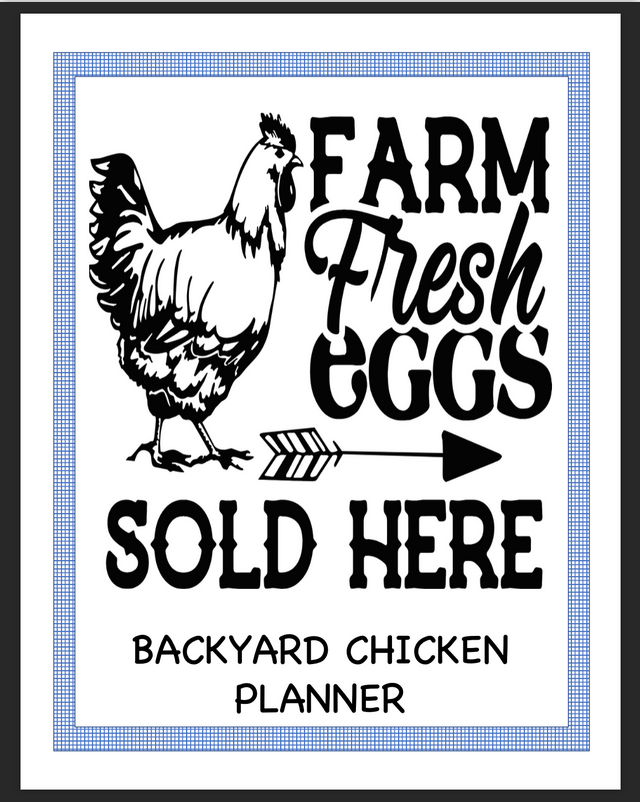Balancing Corporate & Homesteading Lifestyles
Flock Weather Management Tips

By carefully selecting versatile breeds and implementing proper management practices, you can maintain a healthy and productive flock in climates with hot, humid summers and cold winters. Your chickens will thrive and reward you with fresh eggs and companionship throughout the year.
Management Tips for Extreme Climates
Summer Management:
- Shade and Ventilation:
- Ensure your coop has adequate ventilation to prevent overheating.
- Provide shaded areas in the run to protect chickens from direct sunlight.
- Hydration:
- Keep plenty of cool, fresh water available at all times.
- Consider adding electrolytes to water during extreme heat.
- Cooling Strategies:
- Use fans or misters in the coop to help reduce temperatures.
- Freeze water bottles and place them in the coop to provide a cool spot for chickens.
- Feed Adjustments:
- Offer treats like watermelon or cucumber, which have high water content.
- Avoid feeding too much corn as it generates heat during digestion.
Winter Management:
- Insulation and Draft Protection:
- Insulate the coop to retain warmth but ensure ventilation to prevent moisture buildup.
- Seal drafts but avoid creating a completely airtight environment.
- Roosts and Bedding:
- Provide wide roosts for chickens to cover their feet and keep them warm.
- Use deep litter bedding to generate heat through composting action.
- Feed Adjustments:
- Increase feed in winter to help chickens maintain body heat.
- Offer high-energy foods like cracked corn in the evening.
- Water Management:
- Use heated waterers to prevent water from freezing.
- Check waterers regularly to ensure they are functioning correctly.
General Tips for Year-Round Management
- Coop Location and Design:
- Place the coop in a location that can provide shade in summer and shelter from wind in winter.
- Design the coop with both ventilation and insulation in mind.
- Breed Selection:
- Choose dual-purpose breeds that are known for their hardiness and adaptability.
- Avoid breeds with large single combs more prone to frostbite in winter.
- Health Monitoring:
- Regularly check your flock for signs of heat stress or cold stress.
- Provide dust baths and ensure good sanitation to prevent mites and other pests.
- Community Resources:
- Connect with local beekeepers and farmers for tips and advice specific to your region.
- Participate in online forums and local poultry clubs for additional support.



